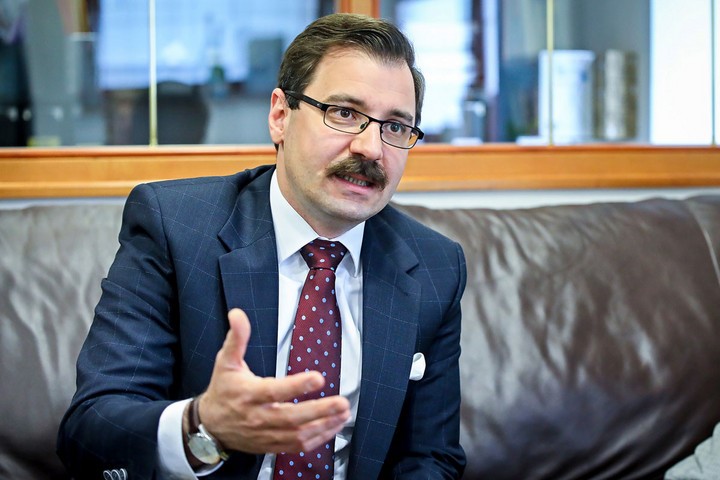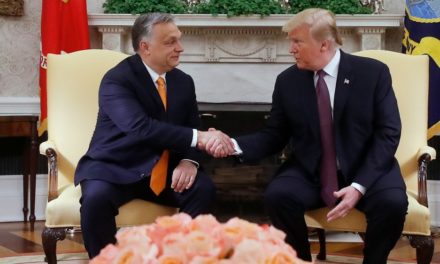The greatest enemy of freedom of speech is the neo-Marxist-based woke and cancel culture, Miklós Szánthó, director general of the Center for Fundamental Rights, declared at a panel discussion organized on the opening day of the second international media conference of the Mathias Corvinus Collegium (MCC) in Budapest on Wednesday.
The biggest enemy of freedom of speech is the woke and cancel culture!
Miklós Szánthó , Director General of the Center for Fundamental Rights, at the second international media conference of the Mathias Corvinus Collegium on January 25, 2023. At the two-day Conference on the Future of Publishing, forty speakers from thirteen countries on three continents will share their thoughts on the state of the media market in nine panel discussions.
Miklós Szánthó explained:
"Neo-Marxist progressivism" not only seeks to apply pressure along political arguments, but also attempts to erase various, including conservative, political arguments and approaches in the media.
Speaking about the emerging new media regulation of the European Union, he believed that although it would initially be neutral, for example it expects balance, it actually serves political interests. European media regulation wants to fight fake news, while one of the biggest fake news is political correctness, which Brussels is obviously not against, he said.
According to Miklós Szánthó, the European Commission has almost made the double standard official.
He cited as an example that if the Hungarian or Polish national government changes media regulation, they fear scandal and freedom of the press; ten years ago there was a scandal because of the Hungarian media authority, while now the European Commission is planning to create a similar media authority, "in the name of the rule of law and democracy".
András Koltay , the president of the National Media and Communications Authority (NMHH), named unified, transparent media market supervision as the main task of his institution.
Regarding the EU regulation, he said that the proposals try to regulate many elements that are the national competence of the member states.
He said that the Hungarian government is critical of the proposal, and the media authority also takes a similar position, but at the same time, the NMHH participates in the European legislative process. András Koltay fears that certain "soft" regulations may become binding in the future.
Source, full article and image: Magyar Hírlap












